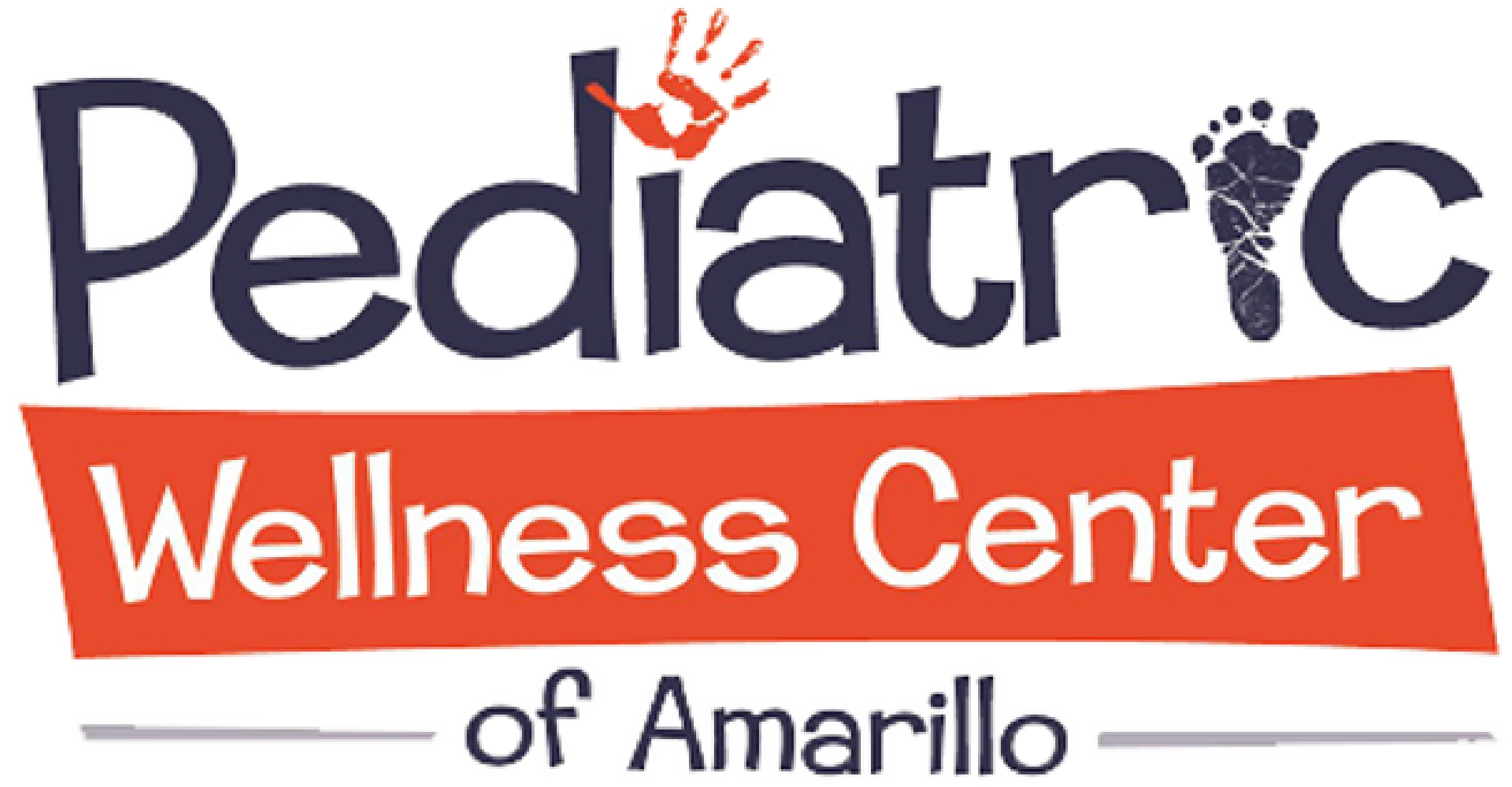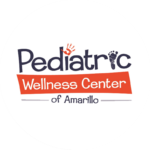Well Child Visits
Things you may wish you had known
2018 data from the National Health Interview Survey estimated that more than half (51.8%) of adults had at least 1 of 10 of the following chronic conditions: arthritis, cancer, chronic obstructive pulmonary disease, coronary heart disease, asthma, diabetes, hepatitis, hypertension, stroke, and kidney failure[4]. They also found over 27% of US adults had more than one of these chronic conditions[4]. These numbers are expected to increase significantly as our children become adults, due to the rising amounts of chronic diseases in children today.
Shocking statistics released by the Centers for Disease Control and Prevention (CDC) in 2021 revealed that already more than 40% of school-aged children and adolescents in the U.S. have at least one chronic health condition such as asthma or obesity, or struggle with behavior and learning problems[5]. Asthma is associated with an increased risk of death in children and is estimated to affect 5.1 million children under the age of 18[3]. Of additional growing concern is that 1 in 13 children, or about 2 kids out of every classroom, now have severe food allergies affecting their quality of life[6]. The rate of obesity in school-aged children is now estimated to be 1 in 5[7]. That’s 20% of all elementary children and 21% of all adolescents[7]. Alarmingly, childhood obesity has been found to lead to not only a lower quality of life and chronic disease but a shortened life span. The increasing prevalence of childhood obesity and chronic disease is so serious that it is predicted our current population of children will be the first generation to die in significant numbers before their parents[1].
Create a foundation for a
lifetime of wellness
2018 data from the National Health Interview Survey estimated that more than half (51.8%) of adults had at least 1 of 10 of the following chronic conditions: arthritis, cancer, chronic obstructive pulmonary disease, coronary heart disease, asthma, diabetes, hepatitis, hypertension, stroke, and kidney failure[4]. They also found over 27% of US adults had more than one of these chronic conditions[4]. These numbers are expected to increase significantly as our children become adults, due to the rising amounts of chronic diseases in children today.

Shocking statistics released by the Centers for Disease Control and Prevention (CDC) in 2021 revealed that already more than 40% of school-aged children and adolescents in the U.S. have at least one chronic health condition such as asthma or obesity, or struggle with behavior and learning problems[5]. Asthma is associated with an increased risk of death in children and is estimated to affect 5.1 million children under the age of 18[3]. Of additional growing concern is that 1 in 13 children, or about 2 kids out of every classroom, now have severe food allergies affecting their quality of life[6]. The rate of obesity in school-aged children is now estimated to be 1 in 5[7]. That’s 20% of all elementary children and 21% of all adolescents[7]. Alarmingly, childhood obesity has been found to lead to not only a lower quality of life and chronic disease but a shortened life span. The increasing prevalence of childhood obesity and chronic disease is so serious that it is predicted our current population of children will be the first generation to die in significant numbers before their parents[1].

Childhood is an important time to set the foundation for a lifetime of wellness. Without proper recognition, these conditions may go unrecognized and cause damage to the child’s health. How do you know your child is not part of this group of children? We recommend children are seen for Well Child Visits to identify these issues that may be going unrecognized and to help create a lifestyle of health that lasts a lifetime. The American Academy of Pediatrics (AAP) recommends Well Child Visits at birth, 2 months, 4 months, 6 months, 9 months, 12 months, 15 months, 18 months, 24 months, and then yearly following unless developmental or health issues need to be monitored more closely[2].
Beyond physical health, researchers are also learning the equal importance of the growth of emotional health during childhood. This research finds that learning early emotional ability is linked with greater well-being and positive outcomes later in life[8]. Learning to express emotions properly and developing emotional maturity is an imperative milestone of childhood that will influence the long-term quality of life and the health of future relationships. At the Pediatric Wellness Center of Amarillo (PWCA), we support parents to equip themselves with parenting skills that foster a healthy environment that allows their child to reach his/her optimal development.
Wellness education for your child
Raising kids to make healthy choices today can be difficult. We provide support for parents and partner with you to help educate your child on health topics that pertain to them such as healthy food choices, exercise, prevention of injuries, and proper sleep. Areas of concern or that have issues can be addressed and we can help identify the cause.
Establish a strong, trusting relationship with a healthcare provider who has your child’s best interests at heart.
Here at PWCA, we are focused on supporting your child to grow up not only physically, but emotionally and mentally healthy. We offer a wellness-based approach and respect parents’ opinions and strive to include them in decision-making for their child.
Recommendations for Illness Prevention
During well-child visits, identification of vulnerability to illness can be identified and appropriate recommendations are given. This gives us a chance to discuss with you ways to increase the health of your child’s immune system and discuss reasons to contact the office in the event your child becomes ill.

Wellness education for your child
Raising kids to make healthy choices today can be difficult. We provide support for parents and partner with you to help educate your child on health topics that pertain to them such as healthy food choices, exercise, prevention of injuries, and proper sleep. Areas of concern or that have issues can be addressed and we can help identify the cause.

Establish a strong, trusting relationship with a healthcare provider who has your child’s best interests at heart.
Here at PWCA, we are focused on supporting your child to grow up not only physically, but emotionally and mentally healthy. We offer a wellness-based approach and respect parents’ opinions and strive to include them in decision-making for their child.

Recommendations for Illness Prevention
During well-child visits, identification of vulnerability to illness can be identified and appropriate recommendations are given. This gives us a chance to discuss with you ways to increase the health of your child’s immune system and discuss reasons to contact the office in the event your child becomes ill.

MAKE AN APPOINTMENT
We are accepting new patients!
Please call PWCA today at (806) 468-4310 to schedule your child for an appointment. Dr. Pia Habersang and Michelle Richards, FNP-C are accepting new patients at this time. As a wellness-based clinic, we are excited to help support your family to attain the best health possible. Additionally, scheduling a prenatal visit with us before your baby is born is key to addressing any questions you may have and creating a foundation of health even before the baby is born. This is especially important for first-time parents, those with a high-risk pregnancy, or with any questions about feeding, circumcision, vaccinations, or newborn care.

